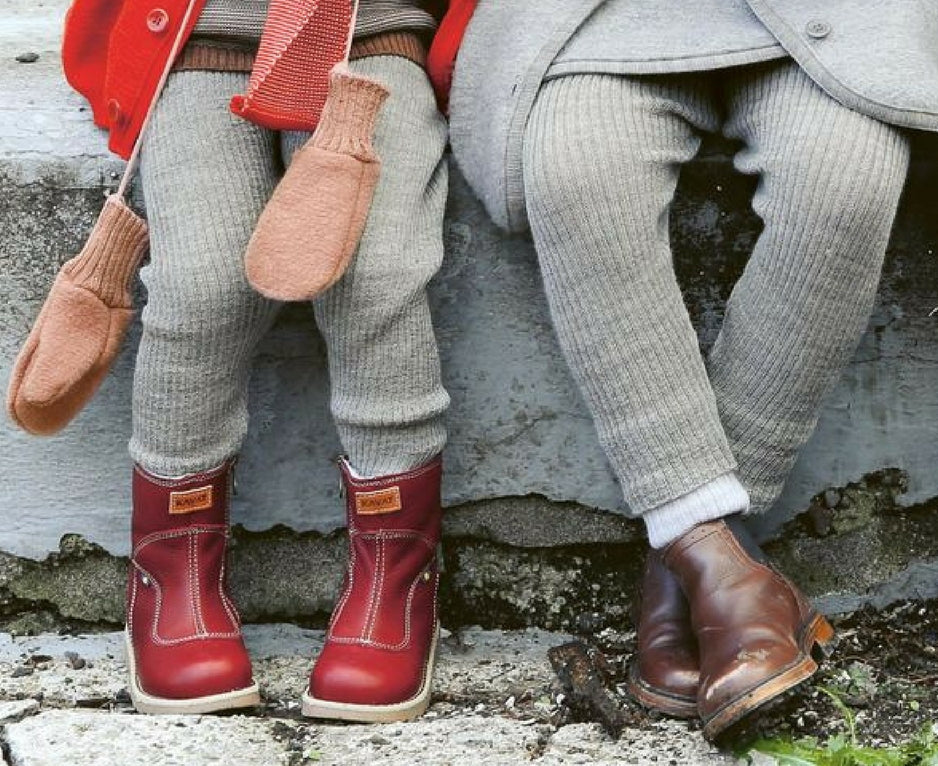
What are Organic Merino wool baby & children’s clothes?
Our new range of Organic, Merino Wool baby & children's clothes are online - Supplied Australia wide by Disana.
I keep getting asked about the term 'Organic Merino Wool'.
Still quite unfamiliar and odd sounding, there has been quite a bit of confusion around the idea of Organic certified Merino Wool.
How can Merino Wool be certified organic?
What does that mean and how does that work?
Most of us are familiar with the idea of certified organic cotton.
Yet, Organic Merino Wool still is a strange concept to many.
Therefore in today’s blog, I decided to take you behind the scenes of Disana’s Organic Merino Wool production. I hope this helps clarify any confusion around Organic Merino Wool and deepen the appreciation for each piece of baby & children's clothing, lovingly made in Germany.
Let's take a trip to South America

Not far from cap Horn, where the land is bare, the Anden Mountains are high & covered in snow and the wind never stops blowing, lies the home of Disana’s Merino Wool sheep.
It is in the far south of South America, in the windswept Patagonia where a very special Organic Merino Wool grows for Disana.

Only the finest wool from Merino sheep is suitable for baby & children’s clothes, because only wool that is thinner than 22 micrometers is soft enough and doesn’t scratch.
Merino sheep not only have extremely soft wool but are also able to withstand cold, windy & dry weather conditions.
The humid cold of the northern hemisphere is not suitable for Merino sheep.
Like all other Disana's raw materials, Merino sheep wool for baby & children’s clothes must comply with strict organic criteria, especially carrying the GOTS certification, ensuring the highest standards of ecology and social responsibility.
How does this organic criteria apply to animal welfare in South America?
Despite the intensive sheep farming, every animal is ensured a good life. The farm ensures that for every one hectare of land there are only 2 sheep, giving them plenty of room to move!
The Sheep enjoy roaming the large open spaces and are occasionally found between bushes & shrubs. For shearing they are driven into large pens to free them of their thick winter coat and then released back into the farm.

Shearing can be sweaty work and stressful for both humans and animals.
But the farm tries to ease this stress through no loud noises and taking their time with each animal to ensure they don't feel rushed. Only quiet, professional working conditions are tolerated to reduce the stress and strain on the animals.
After shearing, the sheep go into a second pen where they are close to each other. The sheep are now around 4-5 kg lighter without their wool. Being close together, they can heat each other to avoid a temperature shock.
And then it's finally back to the pasture!
Mulesing, a heavily criticised practice in the sheep farming industry, is not practiced in South America.
This method is used to protect the sheep from maggot infestation by a certain fly species, these flies aren't found in South America so it's not required.
Disana's farms are monitored and certified by accredited certification institutes according to the Global Organic Textile Standard (GOTS)
As one of the first companies ever, Disana was awarded the quality mark GOTS and BEST for its products many years ago.
Strict adherence to environmental and social standards is just as much a part of these guidelines as complete transparency in the procurement of raw materials and their processing.
These quality marks are awarded following a long and extensive certification and testings procedure, characterising natural textiles of the highest ecological quality.
As mentioned above, it is not just about the avoidance of pollutants in the fibers of our yarn. The living conditions of the people and the environmental protection in the growing countries are also an important criteria, as well as all further steps of the production chain.
Supplier long-term partnerships help to maintain & ensure that these guidelines of the IVN are met.
Every step in production is checked in advance, closely monitored and documented ensuring these guidelines are adhered to. This procedure is often very complex and usually expensive.
The yarns and fabrics obtained are processed in-house and through selected partner companies. This way, it is possible to always monitor and control all production steps. Many small details lead to success. Not only yarns and fabrics are subject to strict guidelines. Even ingredients and auxiliaries such as sewing threads, buttons, even the lubricating oil of our knitting machines must be checked for compliance. Respect for nature and the careful handling of it's products are top priority for Disana.
Disana prides itself on its high quality, organic baby & children clothes.

Something you can see and feel for many generations to come.
Not only for Australian children but for children all around the world.
'There is no beauty in the finest cloth if it makes hunger and unhappiness'
-Mahatma Gandhi
Save

